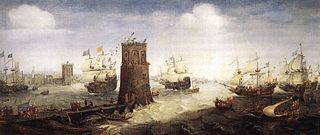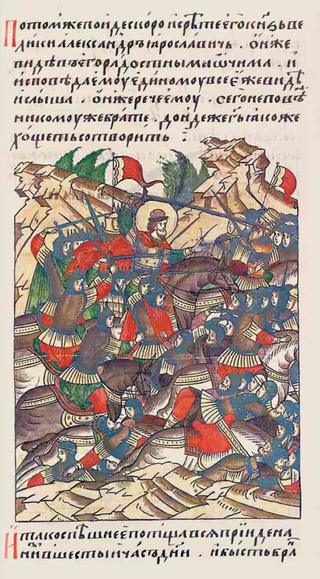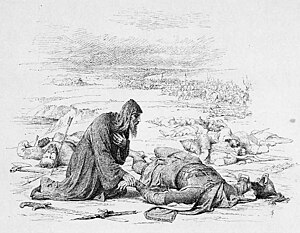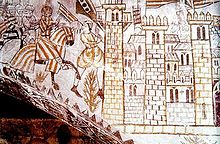
Year 1220 (MCCXX) was a leap year starting on Wednesday of the Julian calendar.

Year 1221 (MCCXXI) was a common year starting on Friday of the Julian calendar.
The 1250s decade ran from January 1, 1250, to December 31, 1259.

Year 1227 (MCCXXVII) was a common year starting on Friday of the Julian calendar.
The 1210s was a decade of the Julian Calendar which began on January 1, 1210, and ended on December 31, 1219.
The 1220s was a decade of the Julian Calendar which began on January 1, 1220, and ended on December 31, 1229.
The 1230s was a decade of the Julian Calendar which began on January 1, 1230, and ended on December 31, 1239.
The 1240s was a decade of the Julian Calendar which began on January 1, 1240, and ended on December 31, 1249.

Year 1218 (MCCXVIII) was a common year starting on Monday of the Julian calendar.

Year 1219 (MCCXIX) was a common year starting on Tuesday of the Julian calendar.

Year 1236 (MCCXXXVI) was a leap year starting on Tuesday of the Julian calendar.

Year 1237 (MCCXXXVII) was a common year starting on Thursday of the Julian calendar.

Year 1239 (MCCXXXIX) was a common year starting on Saturday of the Julian calendar.

Year 1240 (MCCXL) was a leap year starting on Sunday of the Julian calendar.

Year 1246 (MCCXLVI) was a common year starting on Monday of the Julian calendar.

Year 1255 (MCCLV) was a common year starting on Friday of the Julian calendar.

Year 1281 (MCCLXXXI) was a common year starting on Wednesday of the Julian calendar.

The Mongol Empire invaded and conquered much of Kievan Rus' in the mid-13th century, sacking numerous cities such as Ryazan, Yaroslavl, Pereyaslavl and Vladimir, including the largest: Kiev and Chernigov. The siege of Kiev in 1240 by the Mongols is generally held to mark the end of the state of Kievan Rus', which had already been undergoing fragmentation. Many other principalities and urban centres in the northwest and southwest escaped complete destruction or suffered little to no damage from the Mongol invasion, including Galicia–Volhynia, Pskov, Smolensk, Polotsk, Vitebsk, and probably Rostov and Uglich.

Furious, also known as Legend of Kolovrat, is a 2017 Russian epic period action film directed by Dzhanik Fayziev and Ivan Shurkhovetsky. The film stars newcomer Ilya Malakov as the legendary Ryazan bogatyr Evpaty Kolovrat, as well as Polina Chernyshova, Aleksei Serebryakov, Aleksandr Ilyin Jr. and Yulia Khlynina in supporting roles.
The siege of Kolomna during December 1237–January 1238 was part of the Mongol invasion of Kievan Rus'. Following the Battle of Voronezh River in December 1237, Yuri II of Vladimir sent both of his sons with "all his men" and Voivode Yeremey to defend the fortress of Kolomna, which was on the border to the Wild Fields.















